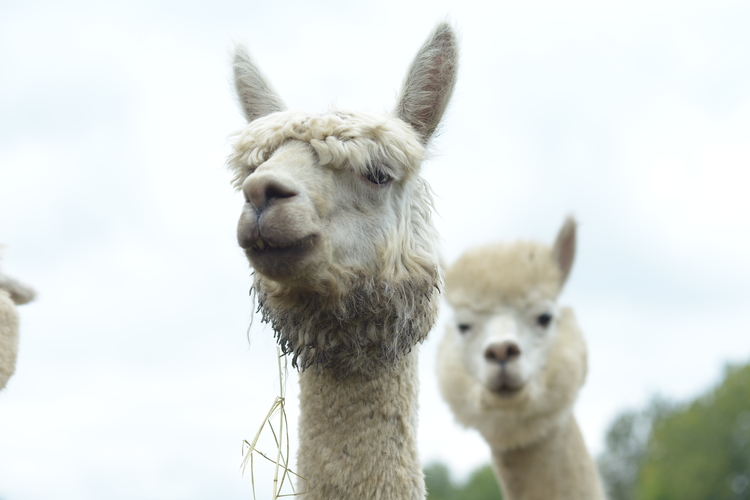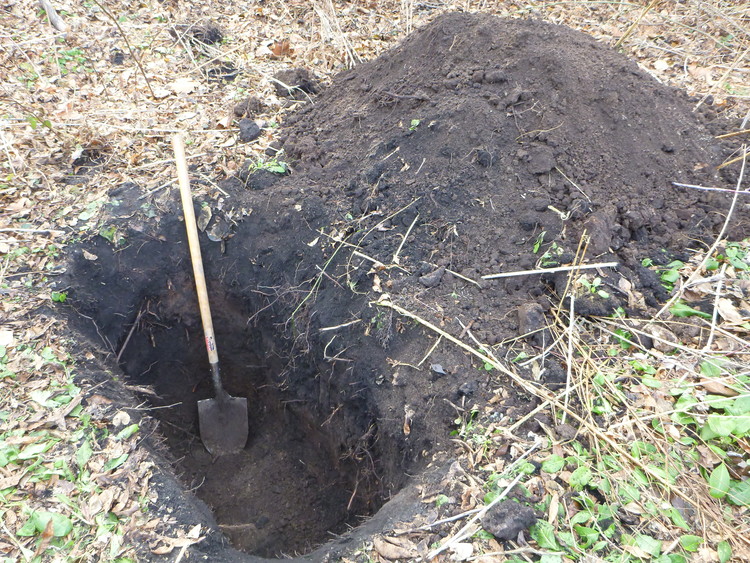|
Everyone knows that being a farmer is hard work but, in spite of years of dreaming of owning a farm and all the research that I did to get here, I had no idea just how hard it would be at times. I'm not just talking about the physical work either - that was pretty much on par with what I expected. It's the difficult emotional experiences and hard lessons learned that have surprised me the most. I knew I was going to have to suck it up at times, but there are times when sucking it up has been so hard that all I could do was take a deep breath, grit my teeth, and get it done. One of our alpacas, a male suri, died rather suddenly on January 2, 2015. He came to us with a condition called megaesophagus, however the owner didn't disclose this to us when we purchased him (she later confirmed he was sick and had received prescription medication for his condition). In fact, she said he was healthy and sold him to us as a breeding male (and this condition is thought to be heritable). We discovered that he was sick shortly after purchasing him when we started noticing large puddles of green fluid on the ground and in the feeders, and corresponding green fluid on his mouth and down his neck. We then learned about megaesophagus and that the longterm prognosis is grim and quality of life generally declines over time. This alpaca never seemed very sick, but on January 1, 2015 we went out to the barn for evening chores and found him cushed in the stall. He struggled to stand, although he did eat normally once he was standing and he was fine that morning so we thought perhaps he was cold (the suris don't seem to tolerate the cold as well as the huacayas). We put him in our medical stall with another alpaca over night so he could eat without fighting the other boys and stay warm and out of the wind. The next morning when I went out to the barn for chores he was dead. Our veterinary suspected it could have been aspirate pneumonia or complications due to an eroded esophagus from expelling the green fluid. Our purchase contract for the sick alpaca gave me the option to have a veterinarian check him out before I purchased him. That is standard wording in a livestock purchase contact but I have never felt the need to have a vet check done because I have always bought livestock from what Ibelieved were trusted farms and the financial investments haven't been huge. With this alpaca, unless he had traces of the green fluid on him when the vet checked him, it wouldn't have been apparent that he had megaesophagus because the only way to test for it is with a barium contrast x-ray. So in this case I had to rely on the word of the owner and veterinary records, but the owner lied and I didn't ask to see the records.
Herein lies the hard lesson learned. Just because someone seems caring and nice and is willing to answer all of your questions doesn't mean that they're telling you the truth, regardless of how much experience they seem to have and even if they come recommended from a family member who knew them from a knitting guild. Duh, right? Well, it's not that cut and dry - I want to trust people - but you better believe I'll never buy another animal without at least getting veterinary records...even from a "nice old lady".
0 Comments
|



 RSS Feed
RSS Feed
